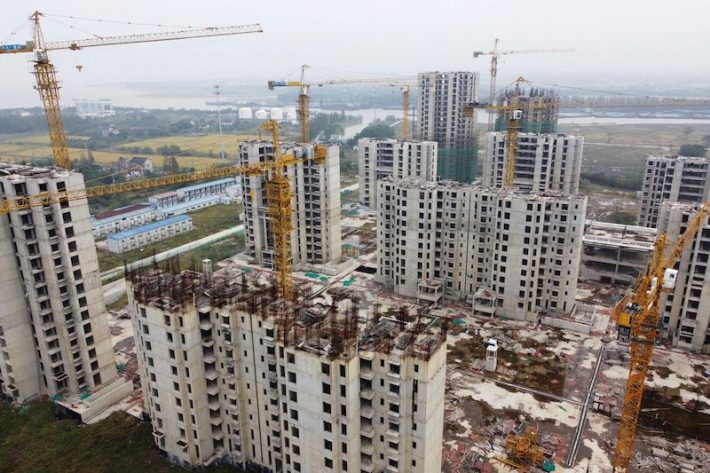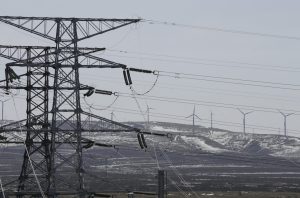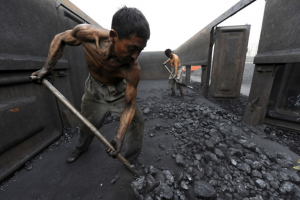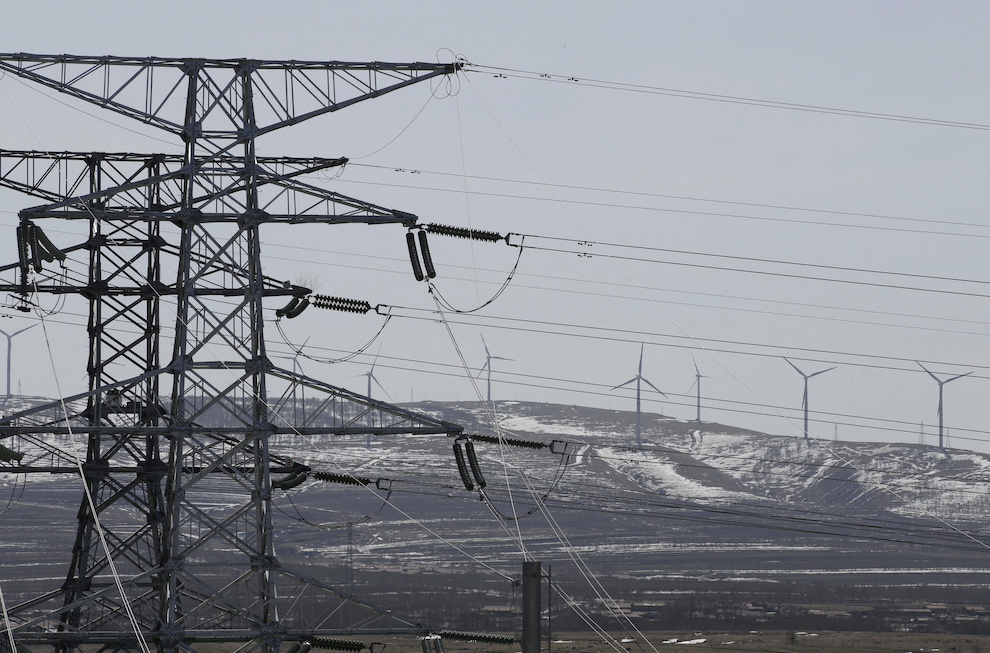Efforts to reinvigorate China’s property market are being stymied by strict controls on escrow accounts by governments in some Chinese cities.
Some city officials have hindered access to tens of billions of dollars from property sales, sources have revealed, in moves that likely to squeeze cash-strapped developers further.
These moves by city officials are aimed at ensuring the completion of more unfinished projects, they said, but they come at a time home sales are sliding and the future of the whole sector is uncertain.
The tightening appears to run contrary to the plan of the central Chinese government, which has assured help to stabilise a sector that has been hit by both a years-long liquidity crunch and slumping demand.
ALSO SEE: Binance Did $90bn in China Trades in Month Despite Ban – WSJ
“That’s like a Catch-22 dilemma,” said Gary Ng, Asia Pacific senior economist at Natixis, adding that while local governments may want to ensure that all housing projects can be delivered, it is hard for developers to do it without access to liquidity.
The curbs may mean private developers, who have been hit harder by the crisis in the sector, will have lower capital usage efficiency, and can imply a larger credit risk for some small developers, Ng said.
Chinese developers are allowed to sell residential projects before completion but are required to put those funds in escrow accounts. Local city governments permit them to withdraw a portion of the funds, depending on the progress of construction.
As defaults rippled across the property sector, regulators last year relaxed some escrow rules in an effort to ease the liquidity stress for developers, enabling them to finish construction work on apartments.
Tightening in second quarter ‘traps 80-90% of cash’
Some city governments, however, have started curbing developers’ access to the escrow funds from the second quarter of this year as the outlook for the sector worsened, with sales trending down since April on weak demand and the economic outlook darkening.
Senior executives at two Chinese developers said that more than 80% and 90% of their cash, respectively, is now trapped in the escrow accounts, and efforts to withdraw funds for construction purposes have been thwarted by local authorities.
That compared to around 30% before the sector was hit by the debt crisis in mid-2021, and around 60% in the early days of the crisis, according to analysts.
The two executives, who declined to be named as they were not authorised to speak to the media, said they believe the tighter access was a result of local authorities wanting to ensure there was enough capital for completing home construction in the cities.
“It has become very difficult again in the past few months for us to withdraw money from the escrow accounts,” an executive at one of the developers that has defaulted on its debt obligations said. “At the end of last year it had been easier after the government easing.”
In the first half of this year, funds that developers used for property development reached nearly 7 trillion yuan ($977 billion), and about a third of that was from down payments and presale funds, according to data from the National Bureau of Statistics.
China’s housing ministry did not respond to a request for comment on the tightening of developers’ access to escrow funds.
Housing demand faltering
The new measures come as property demand is sluggish – China’s property sales between May and June showed the largest monthly drop this year, based on sales by floor area, and investment in property also slumped.
A person who works at a state bank in a city in Hunan province, speaking on the condition of anonymity, said the local housing authority has ordered the bank to implement stricter rules for withdrawal of escrow funds.
Under those rules, the authority has asked the bank to make escrow funds available only to developers who have other sources of funding to cover construction costs, the person said.
Hunan’s housing regulator did not respond to a request for comment.
Another developer said some banks are also holding up the funds as they now evaluate a firm’s different projects across cities together, so that pre-sale proceeds from one could be used to cover the construction of another development in another city.
In cities such as Hefei and Xiamen, the local governments manage the accounts of a batch of developers together, so sales from one project could be used to cover the construction costs of a different developer, executives at two other developers said.
The Hefei and Xiamen governments did not respond to requests for comment.
- Reuters with additional editing by Jim Pollard
ALSO SEE:
China Property Stocks Soar After Beijing Support Pledge
Hong Kong Court Will Rule on Evergrande Rescue Plan in 6 Weeks
China Evergrande Restructure Doubts After $81bn Loss Revealed
China’s Debt-Laden Property Sector Still Facing Weak Demand
China Developer Sunac Posts $2 Billion 2022 Core Loss
























